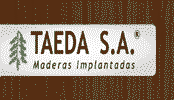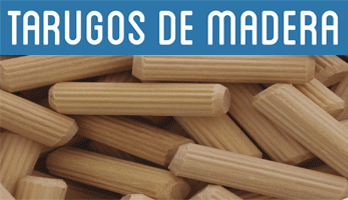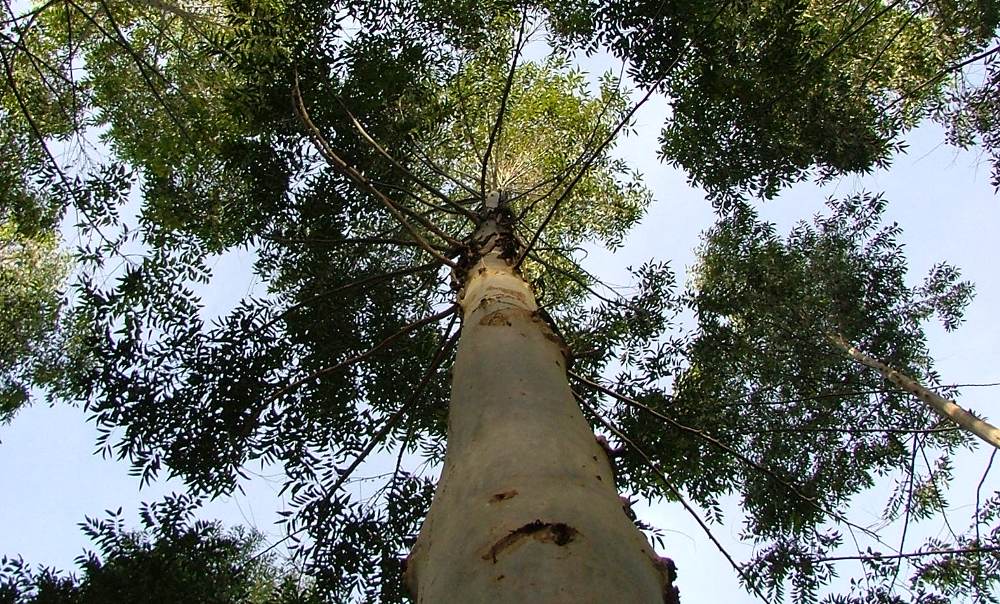
The exotic eucalyptus
The agronomist engineer and forestry-industrial consultant Daniel Maradei introduces himself into the debate on the species
"The important thing is not about defining the origin or provenance, nor the name that the crop adopts, the important thing is to plant it in suitable places and, fundamentally, to generate the work that our beloved Argentina needs so much," he reflects.
In the geological age in which we live, Eucalyptus and related species such as Corymbia have a natural distribution limited to Australia, with a few species growing naturally in Timor, Papua, New Guinea and the Philippines.
But it turns out that when the Roman surgeon Joaquín Frenguelli arrived in Argentina, like his friend and compatriot the entomologist Lamberto Golfari, they were passionate about paleontology. This is how in 1932 Frenguelli, in one of his numerous expeditions, found fossil remains at the confluence of the Limay and Traful rivers that turned out to belong to: oh surprise, EUCALYPTUS leaves and fruits!
More recently in Laguna del Hunco, in the province of Chubut, Gandolfo with a team of researchers from Argentina and the United States, including María A. Gandolfo and Elizabeth Hermsen -from Cornell University- in 2009 collected fossils, including fruits, structures of the branches on which the fruits were sustained, three buds and a flower.
In the meticulous analysis carried out after the discovery, specialists from the Pennsylvania State University, the Museum of Nature and Science in Denver, the University of Buenos Aires and the E. Feruglio Paleontological Museum of Argentina have also participated.
The identification of these fossils dating back 51.9 million years makes them the oldest scientifically validated eucalyptus macrofossils, and the only ones conclusively recognized as native to a territory outside of Australia.
The age and affinities of the fossils also indicate that the Eucalyptus subgenus Symphyomyrtus is older than previously assumed. Paleoecological data indicate that Patagonian eucalyptus dominated volcanically disturbed areas adjacent to standing rainforest surrounding an Eocene caldera lake. More than 12 million hectares of eucalyptus have now been planted worldwide, many of them in semi-arid regions. And there are no new deserts reported.
Another of the sterile discussions that arises from the same problem is the name of the crop. Is it an implanted forest, a mount, a forest cultivation?
Subsequent expeditions and studies, including with the participation of the Department of Ecology, Genetics and Evolution of the University of Buenos Aires (UBA), have confirmed that the materials are similar to the current Eucalyptus, sharing similarities with the closely related genus Corymbia.
So it is worth asking, are they exotic or native? Were they, are they or will they be?
Is an Araucaria angustifolia planted in Montecarlo, Misiones, native or exotic?
Hasn't the time come to put into practice that apothegm expressed years ago that you have to stop talking about trees, grab a shovel and start planting them?
The important thing is not about defining the origin or provenance, nor the name that the crop adopts, the important thing is to plant it in suitable places, so that it continues to be the most efficient manageable element of nature in sequestering atmospheric carbon, to avoid soil erosion, to protect other crops, to supply the multiple forest industries that add value to the wood and, fundamentally, to generate the work that our beloved Argentina needs so much.

IT MAY INTEREST YOU
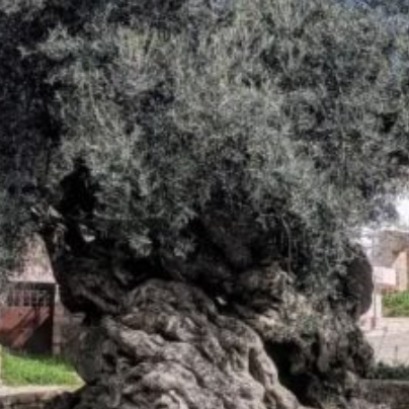 Experts cant believe it, but this tree is the oldest in the world and continues to bear fruit: it is 4,000 years old.
Experts cant believe it, but this tree is the oldest in the world and continues to bear fruit: it is 4,000 years old.
Nature keeps secrets that defy the passage of time, and one of the most surprising examples is a tree that, approximately 4,000 years old, continues to bear fruit today. This specimen has become a symbol of resistance and longevity, capable of surviving climate changes, landscape transformations and human activity itself.
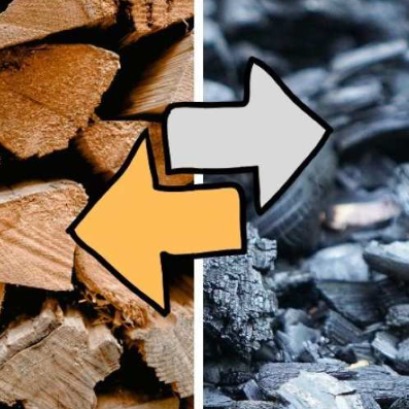 Canadian researchers make biochar from wood waste that rivals steel in strength
Canadian researchers make biochar from wood waste that rivals steel in strength
Researchers at the University of Toronto have developed monolithic biochar from wood that can reach an axial hardness of up to 2.25 GPa, similar to mild steel.
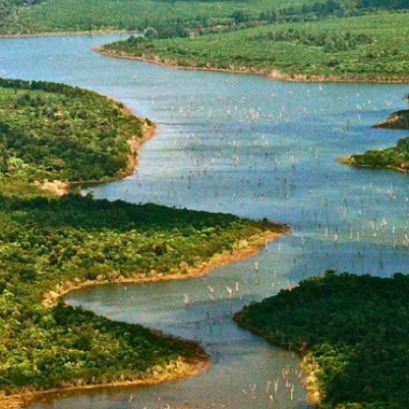 The second largest wetland in South America is located in Argentina: what is it?
The second largest wetland in South America is located in Argentina: what is it?
Argentina has national parks that place it in a unique position within South America, competing with 300 others. Which is the largest? South America is home to more than 300 national parks, but many go unnoticed. There are extensive wetlands that have been the subject of major ecological restoration projects, to coastal mountains with deep indigenous heritage. Today we tell you the case of one located in Argentina.















